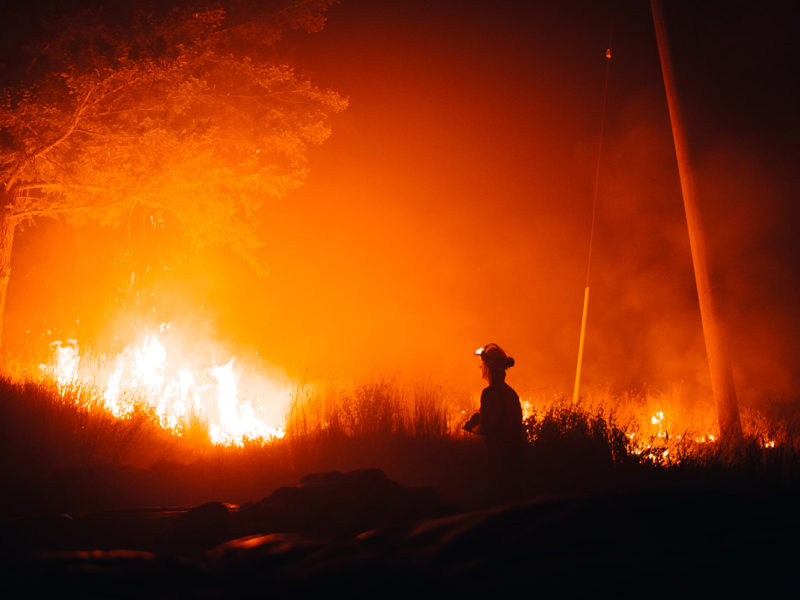Canada is among the top 10 most food-secure countries in the world, but it is among the least prepared for a major disaster.
While the country gets top marks for its political commitment to managing risks to the agriculture sector, an analysis released last week by Economist Impact with the assistance of Corteva Agriscience gave it zero points for disaster risk management.
According to the Global Food Security Index, the country’s lack of disaster risk management makes its food security vulnerable to pest infestations and disease outbreaks. The lack of preparation also weakens the country’s ability to recover when disasters happen.
Disaster risk management is scored under the heading sustainability and adaptation, which focuses on environmental risks to agriculture and the risk agriculture poses the environment.
“On measures of sustainability and adaptation there’s a lot of room for improvement,” says Sardar Karim, one of the researchers who developed the report.
While countries like Canada have strong rules protecting food quality and programs that limit malnutrition, they fall down in areas such as research, extension services and sustainability.
“These countries also have areas where they can further improve on, things like agricultural R&D, irrigation infrastructure, access to agricultural inputs for women farmers,” he says.
The report did not address government preparation for specific disasters, such as last year’s heat dome, wildfires and flooding, or responses to avian influenza and African Swine Fever.
BC Agriculture Council, which praised the province’s response to last fall’s flooding and landslides, declined comment on the report’s findings.
Despite the lack of disaster risk management, Canada ranked 29th in the world for sustainability and adaptation and seventh overall out of 113 countries surveyed for the Global Food Security Index.
Canada’s overall score of 79.1 saw it place just after Japan (79.5) and on par with Sweden.
Finland tops the list at 83.5, while war-ravaged Syria is last at 36.3.
Ukraine, where Russia’s invasion February 24 is credited with supercharging a three-pronged food, energy and fiscal crisis, ranks 71st.
“Armed conflict is strongly linked to lower food security scores. Conflict negatively affects almost every aspect of the food system, from production, harvesting, processing and transport to input supply, financing, marketing and consumption,” the report states.
But even peaceful, top-ranked countries face challenges.
Canada’s score, for example, has slipped over the past three years even as it has increased in the rankings.
In 2019, it ranked eighth with a score of 82.4. Last year, it ranked seventh with a score of 79.8, just ahead of Japan.


 Average crop for BC cranberries
Average crop for BC cranberries